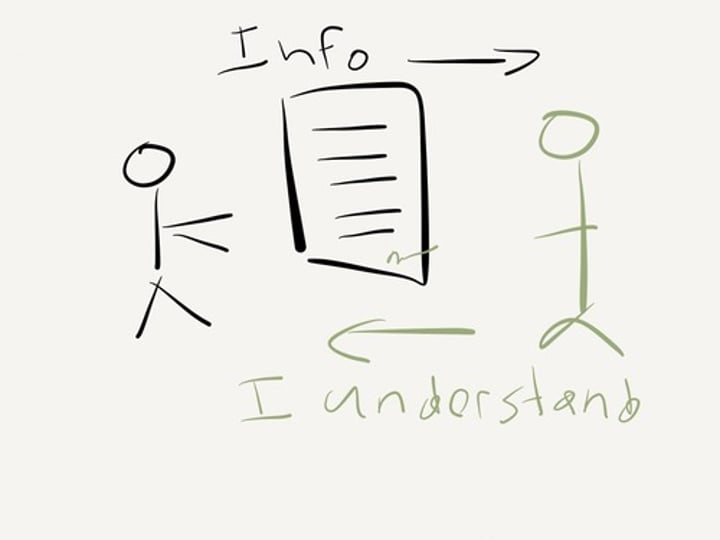Unit 1 & 2: Psychology's History, Approaches & Research Methods
1/85
There's no tags or description
Looks like no tags are added yet.
Name | Mastery | Learn | Test | Matching | Spaced |
|---|
No study sessions yet.
86 Terms
empiricism
Locke's belief that knowledge is gained through observation and experiences.
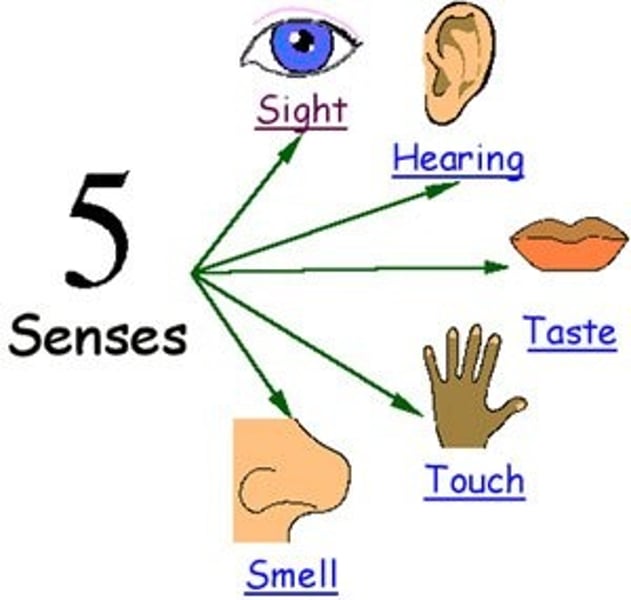
Wilhelm Wundt
Opened first psychology research laboratory in 1879
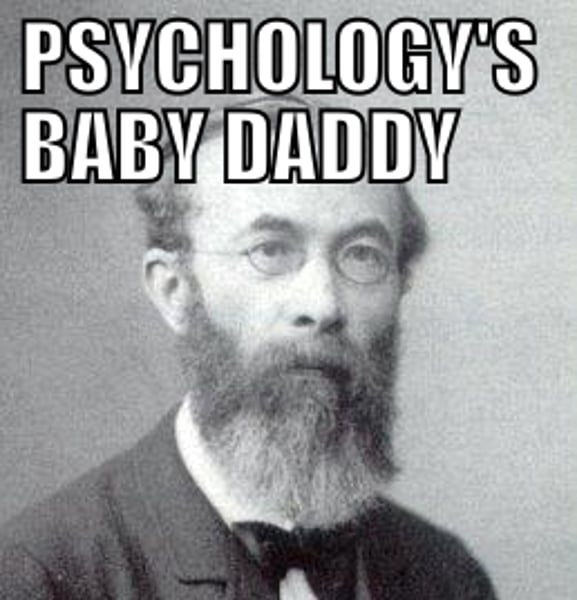
structuralism
Early school of psychology that used introspection to explore the structure of the human mind
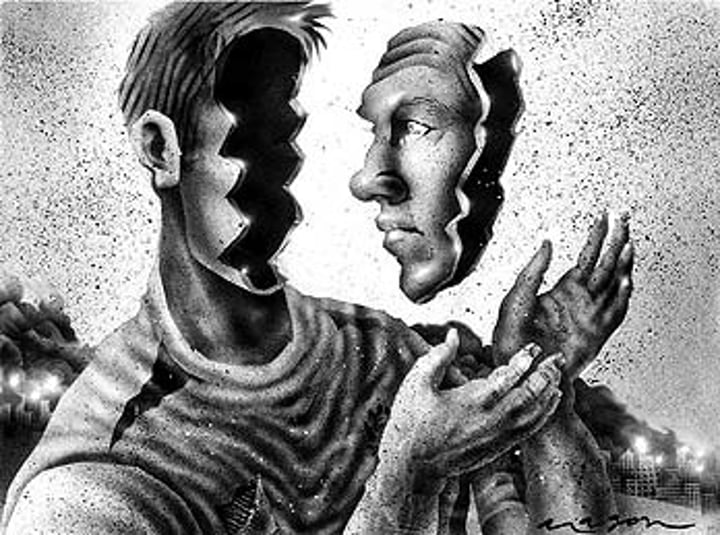
William James
Found functionalism; Early teacher of psychology
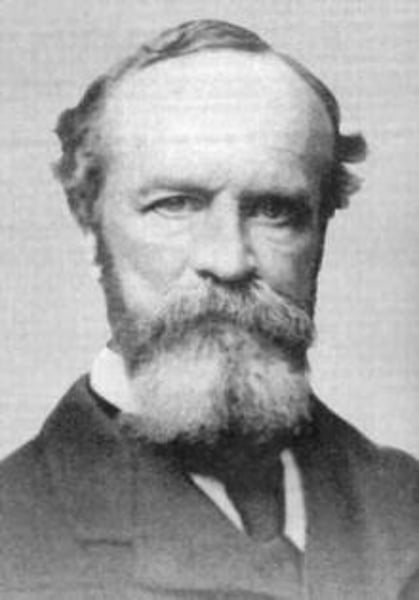
Mary Whiton Calkins
Student of William James whom Harvard University denied her a PhD because of her sex. 1st female president of the APA.
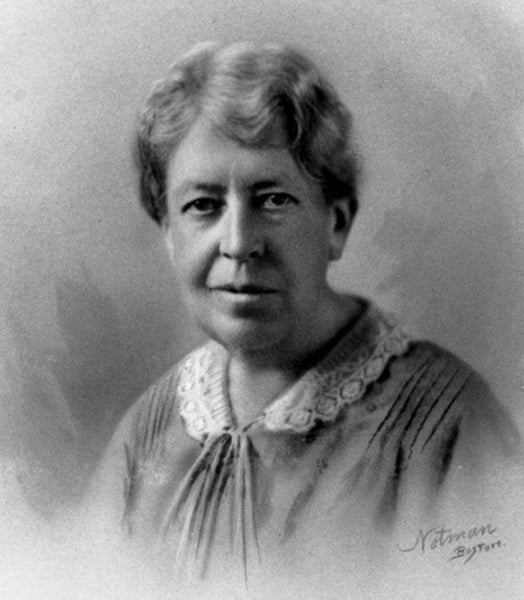
Margaret Floy Washburn
1st female to be awarded a Ph.D. in psychology; 2nd president of the APA
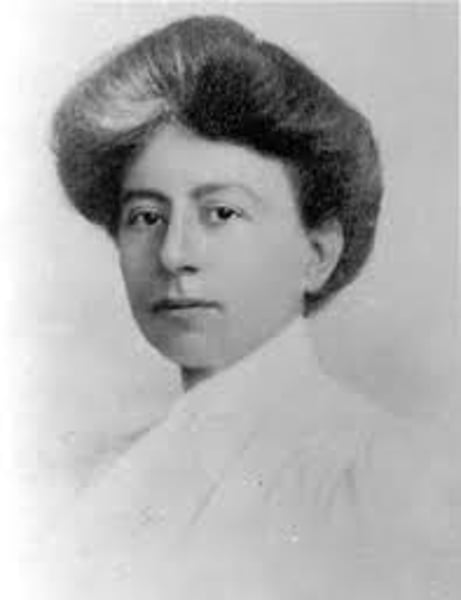
functionalism
William James' school of thought that stressed the adaptive and survival value of behaviors. The WHAT and WHY of your mind's function.
G. Stanley Hall
Opened 1st psych lab in U.S. Founded the American Psychological Association (APA).
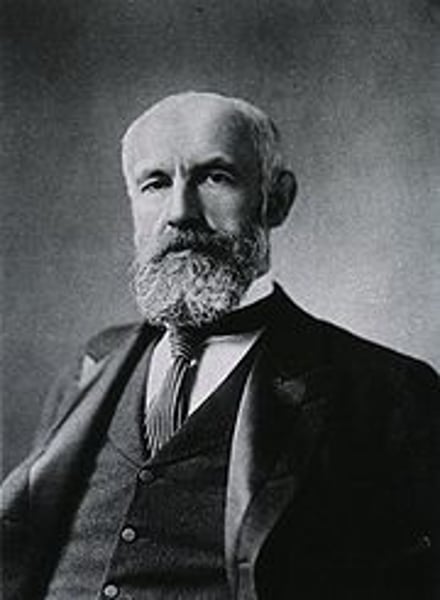
psychology (contemporary)
the scientific study of behavior and mental processes
nature-nurture issue
Argument whether genes or experience contribute to the development of psychological traits and behaviors
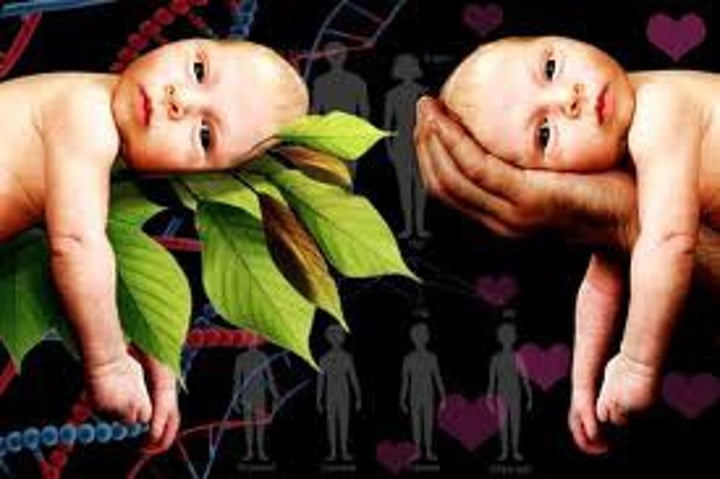
Biological approach to psychology
Studies how anatomy & physiology (physical effects in the body and brain) impact our behavior.
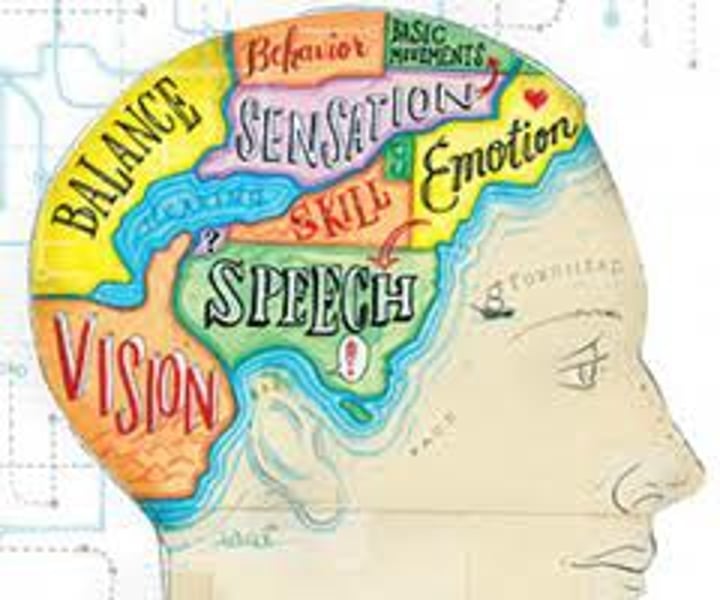
evolutionary approach to psychology
Behavior is explained in terms of how adaptive that behavior is to our survival.
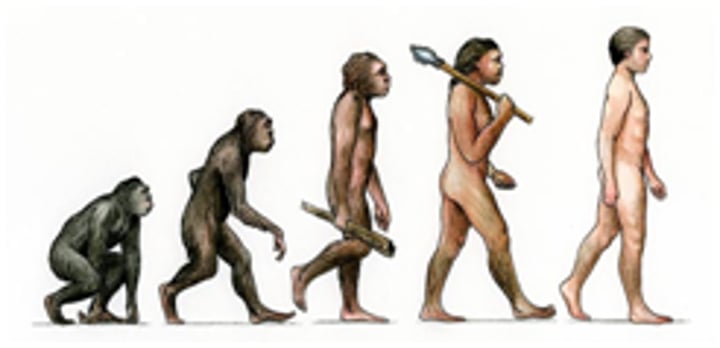
psychoanalytic/psychodynamic approach to psychology
Stresses the importance of early childhood experiences and unconscious conflicts.
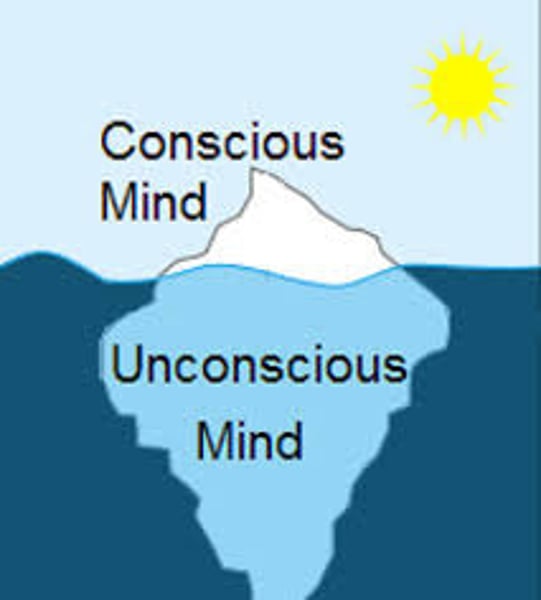
behavioral approach to psychology
Study of observable behavior, and its explanation by principles of learning. The mind or mental events are unimportant as they cannot be observed.
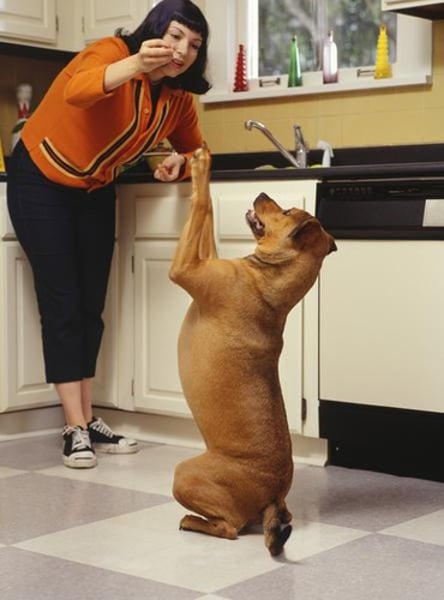
cognitive approach to psychology
Studies how the mental process of thinking, perception, memory, and problem-solving impact our behavior
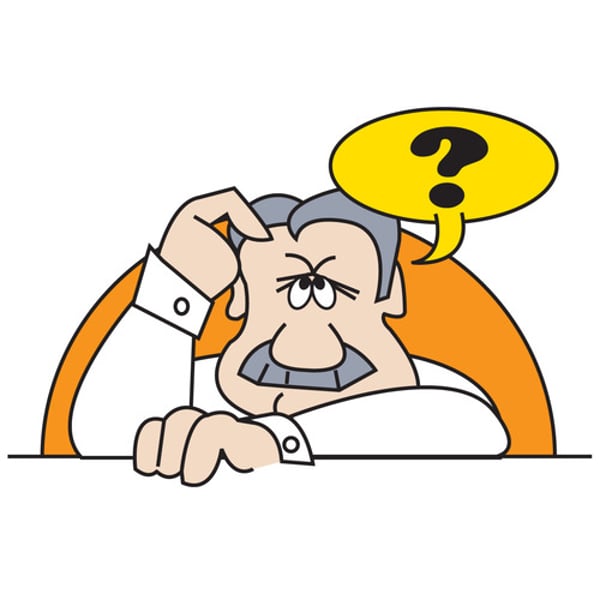
humanistic approach to psychology
philosophical approach to studying psychology through the roles of consciousness, free will, & awareness of the human condition.
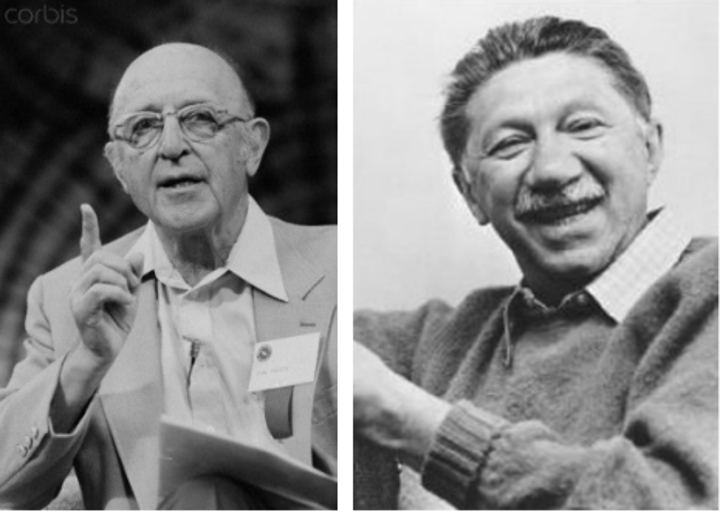
social-cultural approach to psychology
the study of how situations and cultures affect our behavior and thinking.
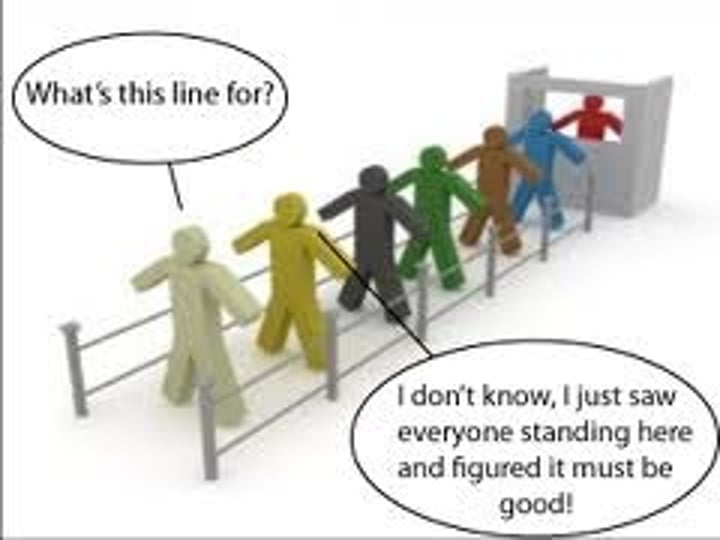
basic research
pure research that aims to confirm an existing theory or to learn more about a concept or phenomenon
applied research
scientific study that aims to solve practical problems
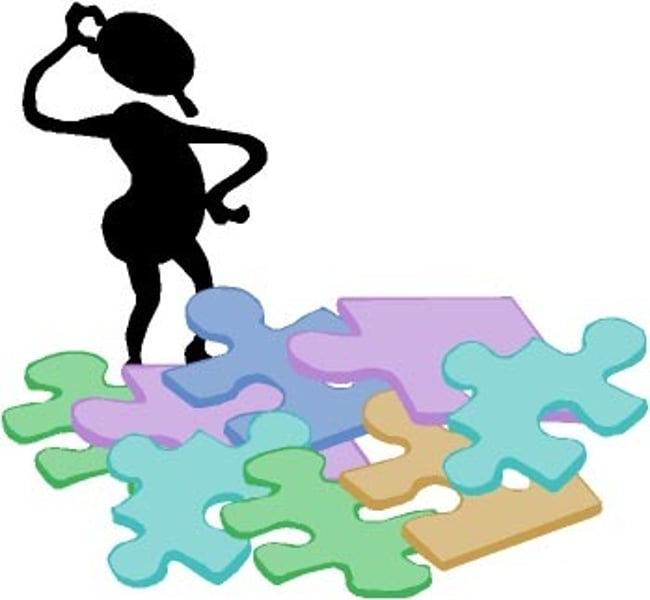
psychiatrist
a medical doctor who specializes in the diagnosis and treatment of mental disorders; can prescribe medication
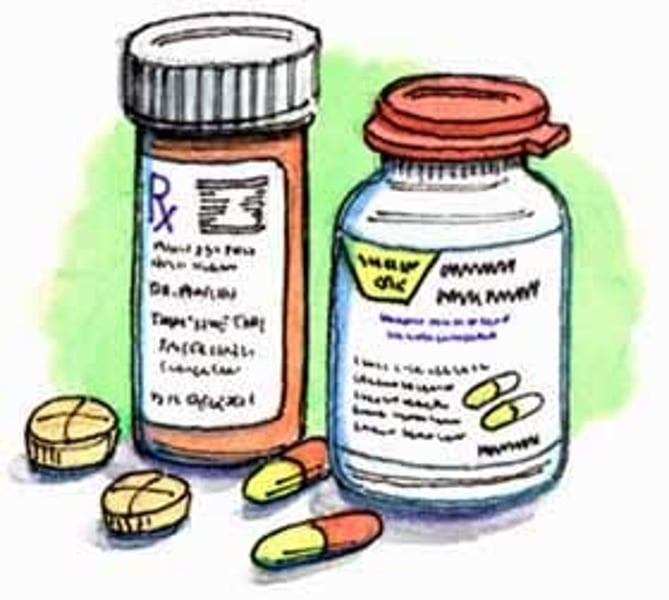
clinical psychologist
holds an advanced degree in psychology but is not a medical doctor; specializes in identifying and treating persons with mental illness, but does not prescribe medication

natural selection
the principle that, among the range of inherited trait variations, those contributing to reproduction and survival will most likely be passed on to succeeding generations
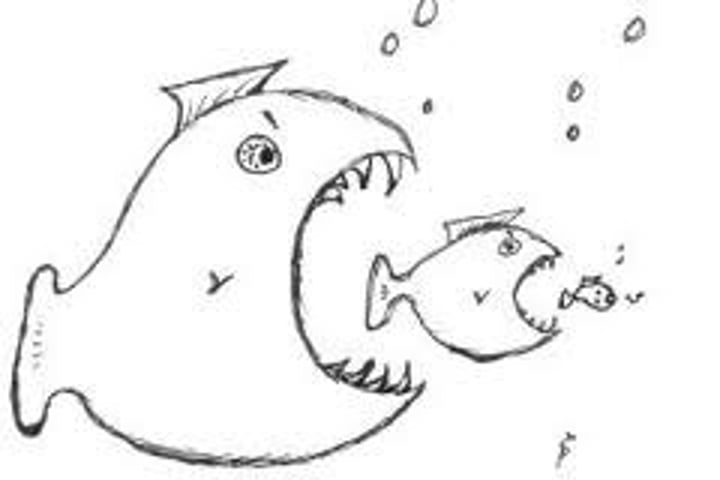
John Watson
Founded behaviorism, emphasizing the study of observable behavior and rejecting the study of mental processes
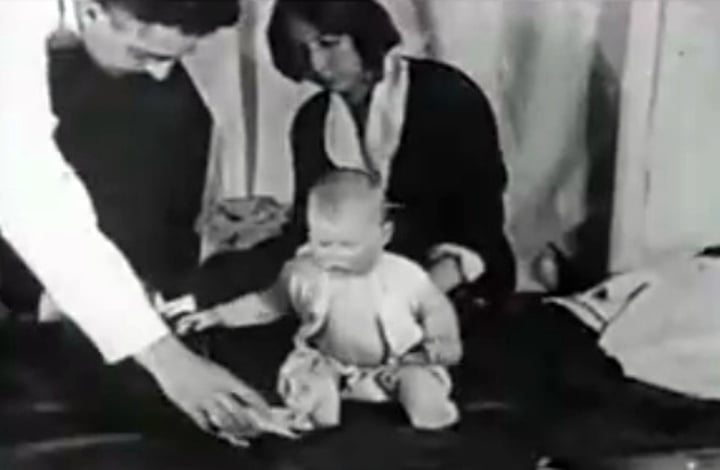
Charles Darwin
Proposed idea of natural selection as primary means of species diversity. His influence appears in psychology's evolutionary perspective.
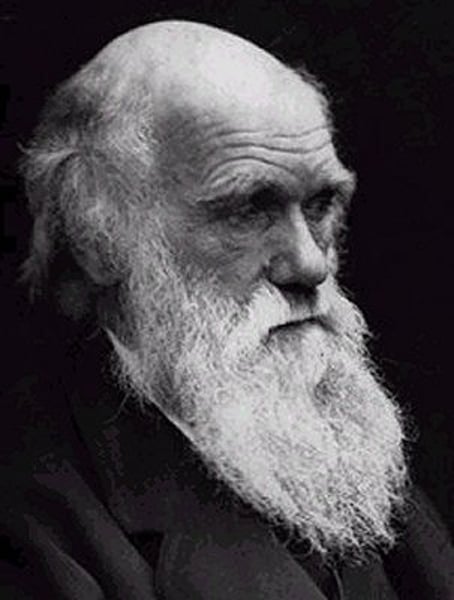
experimental psychology
the study of behavior and thinking using the experimental method
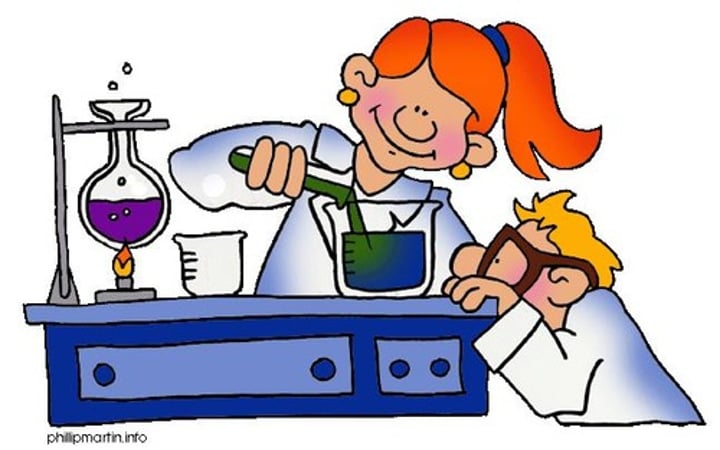
biopsychosocial approach
Emphasizes the need to investigate the interaction of biological, psychological, and social factors as contributing to a behavior or mental process.
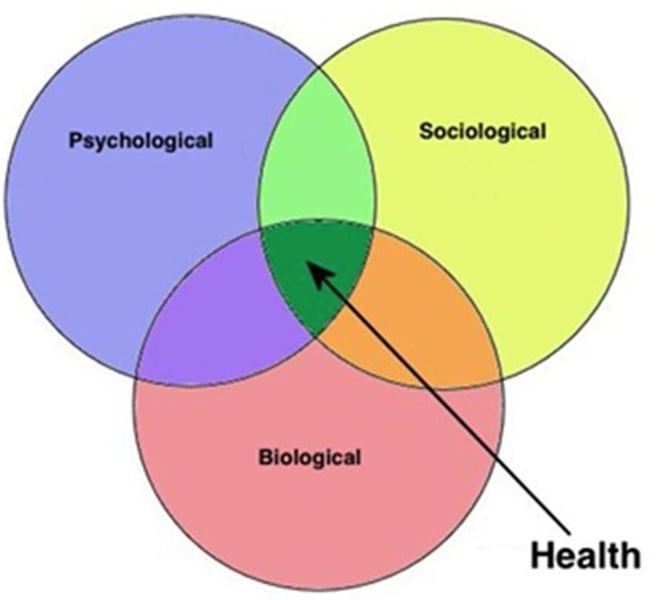
levels of analysis
the differing complimentary views for analyzing any given phenomenon
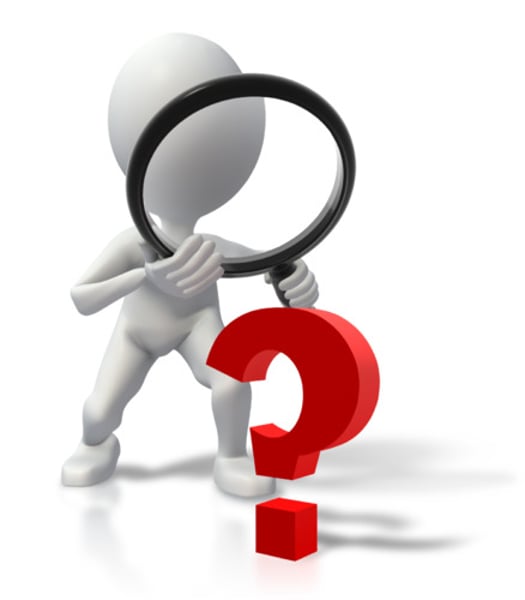
psychometrics
the scientific study of the measurement of human abilities, attitudes, and traits; also sometimes called "quantitative psychology"
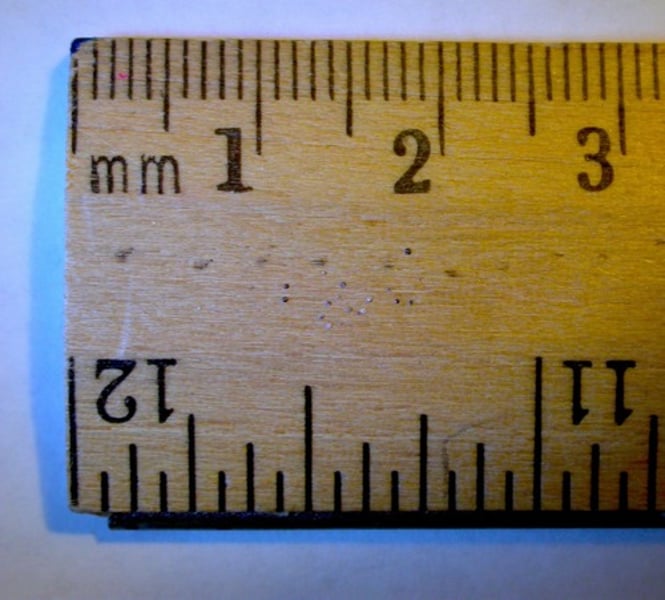
developmental psychology
A branch of psychology that studies physical, cognitive, and social change throughout the life span
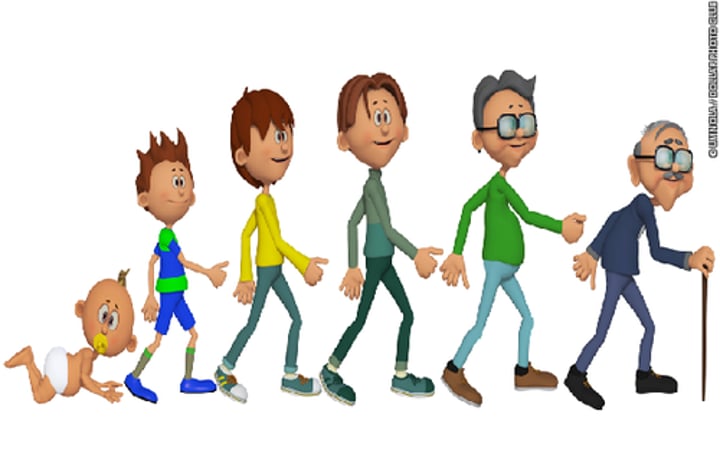
educational psychology
the study of how psychological processes affect and can enhance teaching and learning
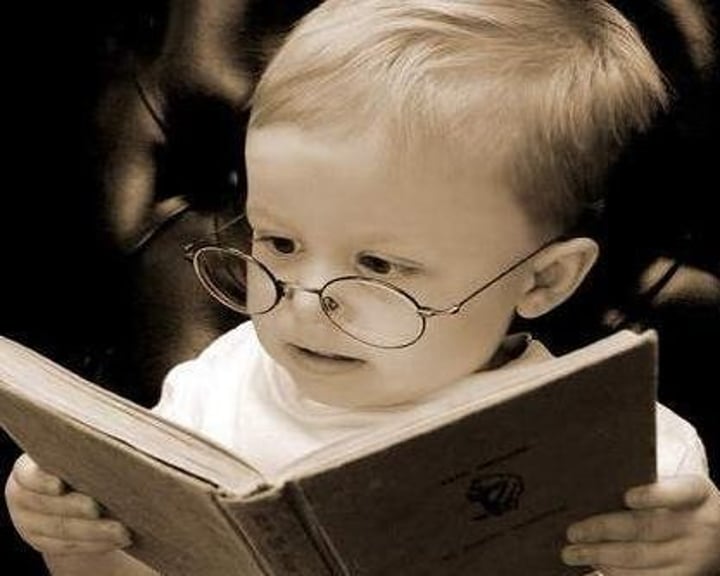
personality psychology
the study of an individual's characteristic pattern of thinking, feeling and acting

social psychology
The scientific study of how we think about, influence, and relate to one another

industrial-organizational psychology
application of psychological concepts and methods to optimizing human behavior in workplaces.

human factors psychology
A branch of psychology that explores how people and machines interact and how machines and physical environments can be made safe and easy to use
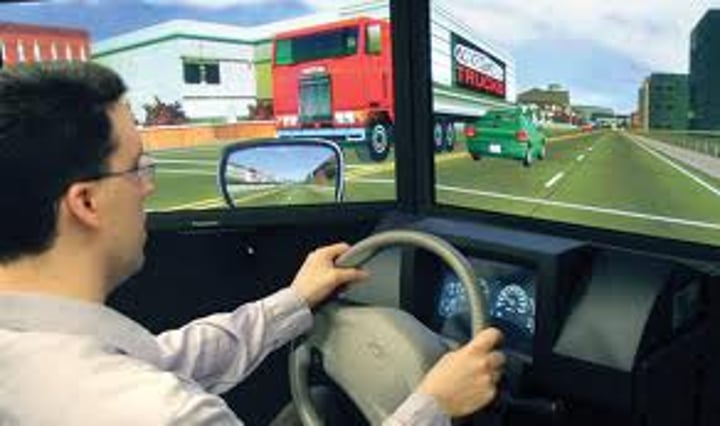
counseling psychology
A branch of psychology that assists people with problems in living (often related to school, work, or marriage) and in achieving greater well-being
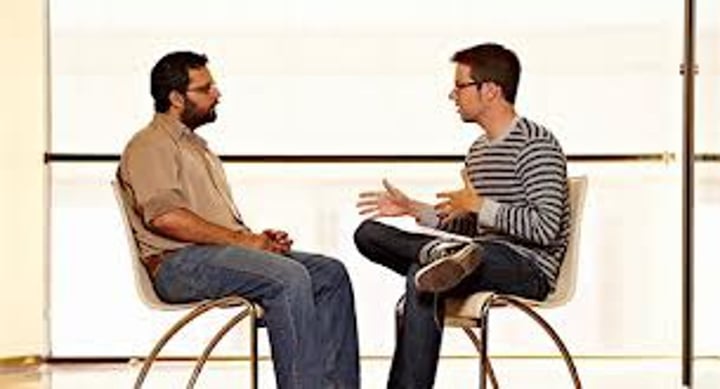
positive psychology
the scientific study of optimal human functioning; aims to discover and promote strengths and virtues that enable individuals and communities to thrive
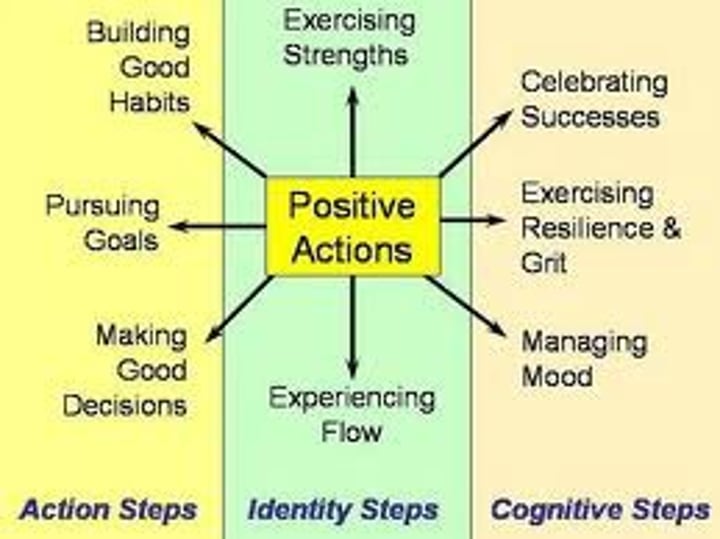
community psychology
A branch of psychology that studies how people interact with their social environments and how social institutions affect individuals and groups
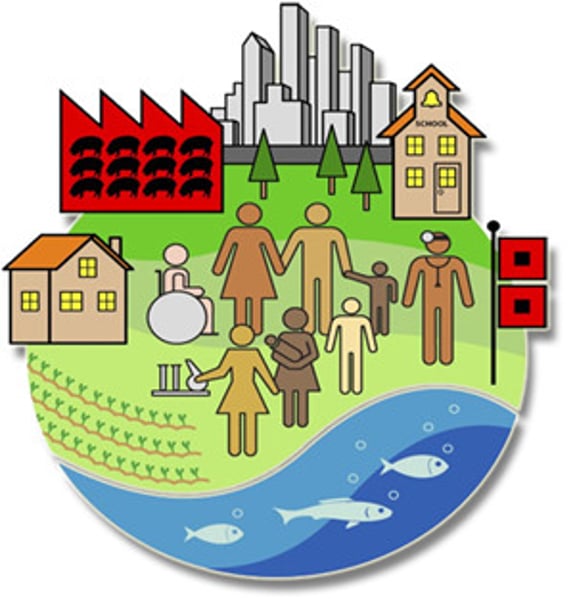
behaviorism
Studies psychology from observable behaviors, and NOT through mental processes (i.e. introspection).
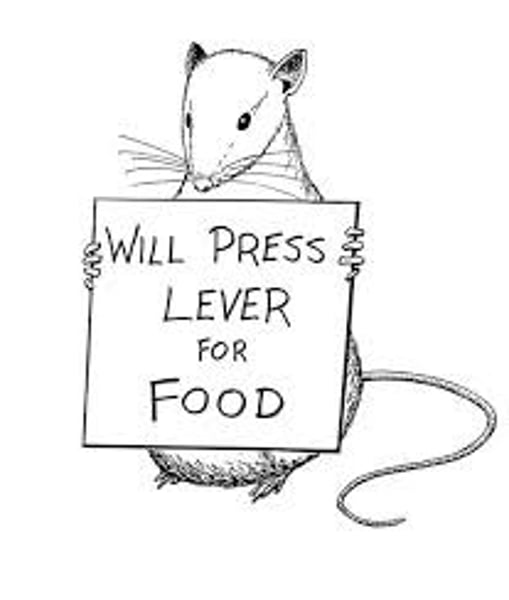
cognitive neuroscience
Interdisciplinary study linking brain activity with cognition.
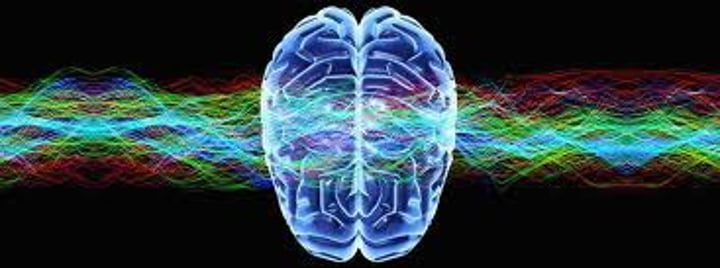
Sigmund Freud
Emphasized how unconscious thoughts and emotional responses to childhood experiences affect behavior. Usually negative.
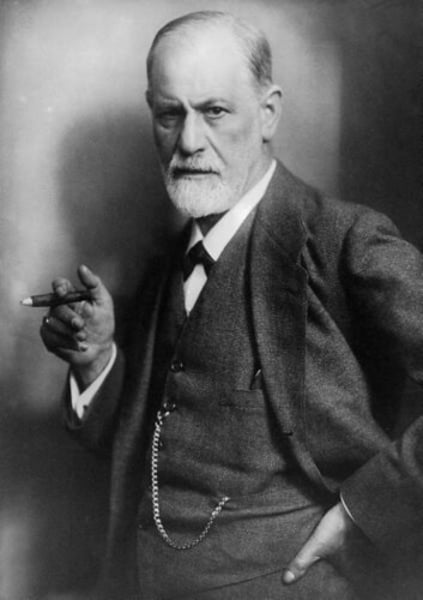
BF Skinner
A behaviorist who rejected introspection and studied how consequences shape behavior.
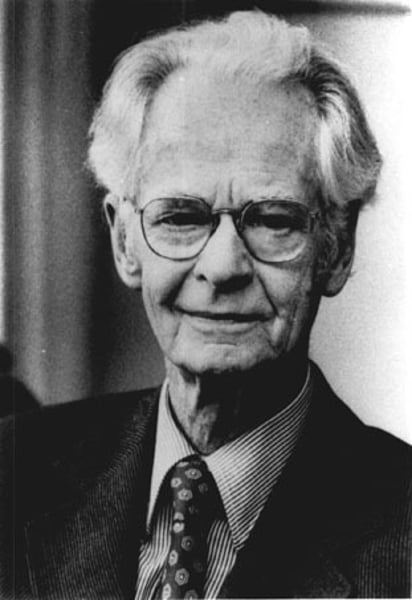
Carl Rogers
Focuses on current environmental influences that can nurture or limit our growth potential and how our needs must be satisfied.
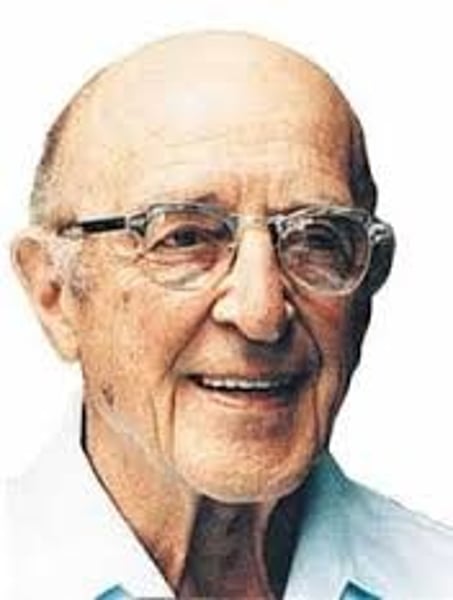
Ivan Pavlov
Started the study of learning with dogs.
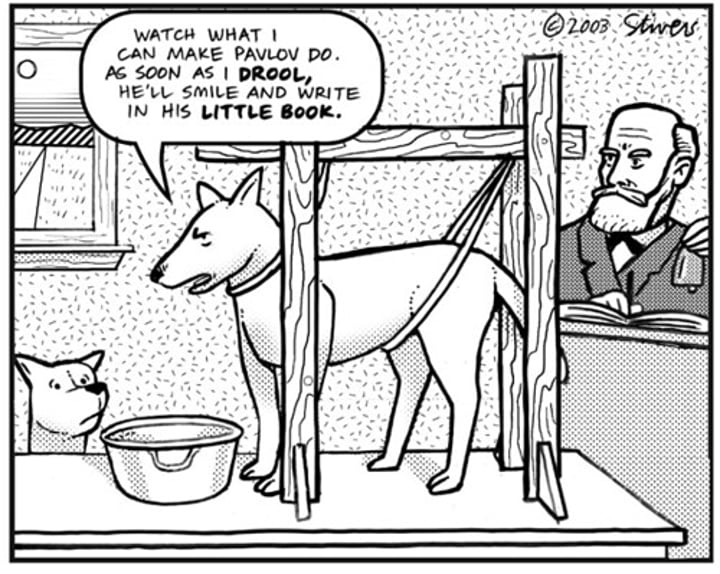
Jean Piaget
Pioneered work in child psychology.
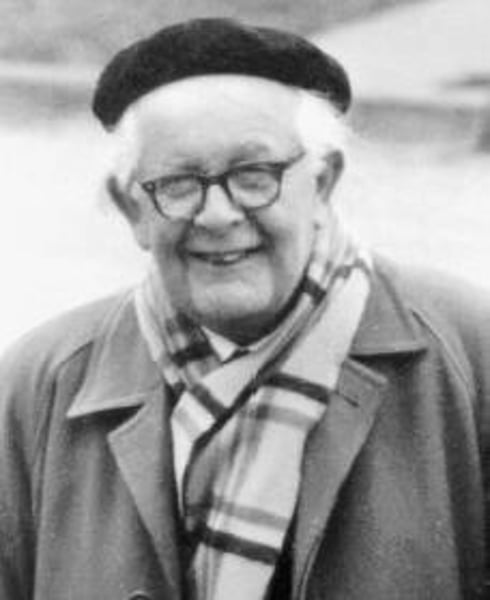
Dorothea Pix
Pioneered for the humane treatment of those with psychological disorders.
John Locke
Belief knowledge must be learned through observation and experience (empiricism), which means humans are born knowing nothing (tabula rasa: blank slate)

Rene Descartes
Believed mind and body were completely separate (dualism) but worked together. The mind controls the body while the body gives the mind sensory input to decipher.
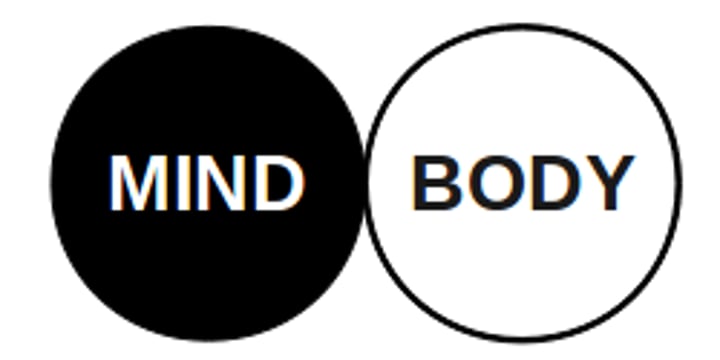
hindsight bias (I-knew-it-all-along phenomenon)
the tendency to believe, after learning an outcome, that one would have foreseen it
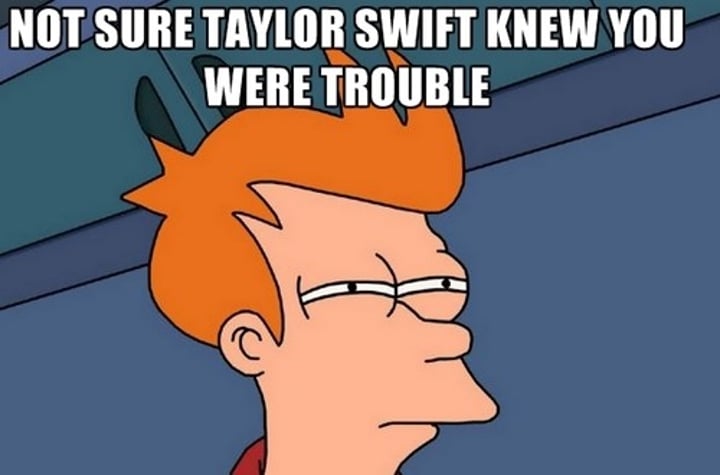
critical thinking
thinking that does not blindly accept arguments and conclusions. Rather, it examines assumptions, discerns hidden values, evaluates evidence, and assesses conclusions.

Theory
explanation of behavior that unifies a broad range of observations
Hypothesis
A testable prediction, often implied by a theory
Replication
repeating the essence of a research study, usually with different participants in different situations, to see whether the basic finding extends to other participants and circumstances
case study
a descriptive technique in which one individual or group is studied in depth in the hope of revealing universal principles
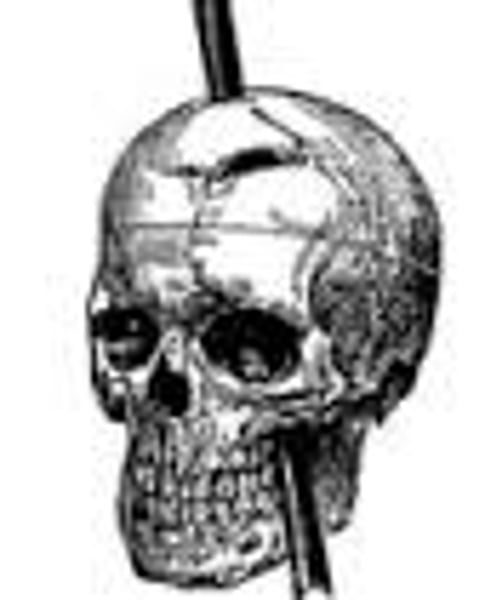
survey
a descriptive technique for obtaining the self-reported attitudes or behaviors of a particular group, usually by questioning a representative, random sample of the group
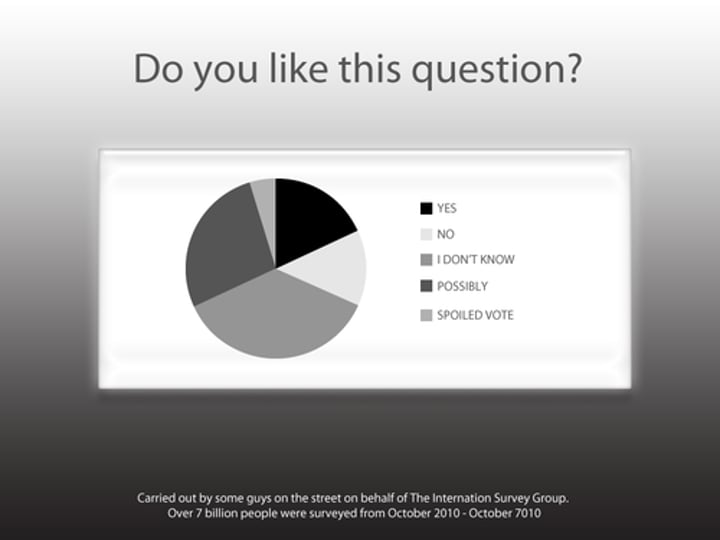
random sample
Survey method of selecting from a population in which each person has an equal probability of being selected

naturalistic observation
a descriptive technique of observing and recording behavior in naturally occurring situations without trying to manipulate and control the situation

Correlation
A measure of the extent to which two factors vary together, and thus of how well either factor predicts the other.
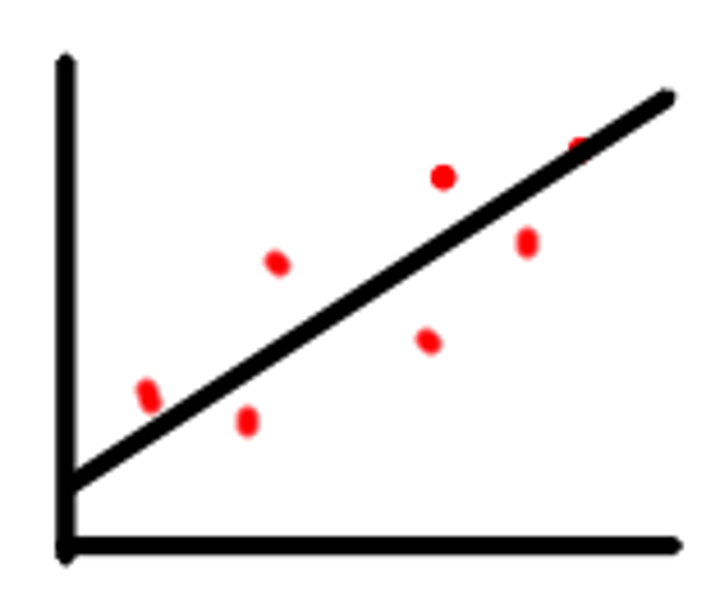
Scatterplot
a graphed cluster of dots, each of which represents the values of two variables
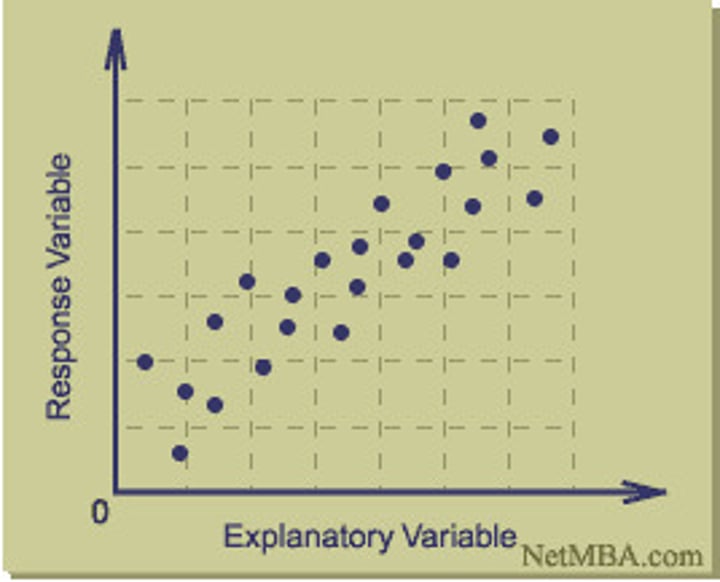
illusory correlation
the perception of a relationship where none exists
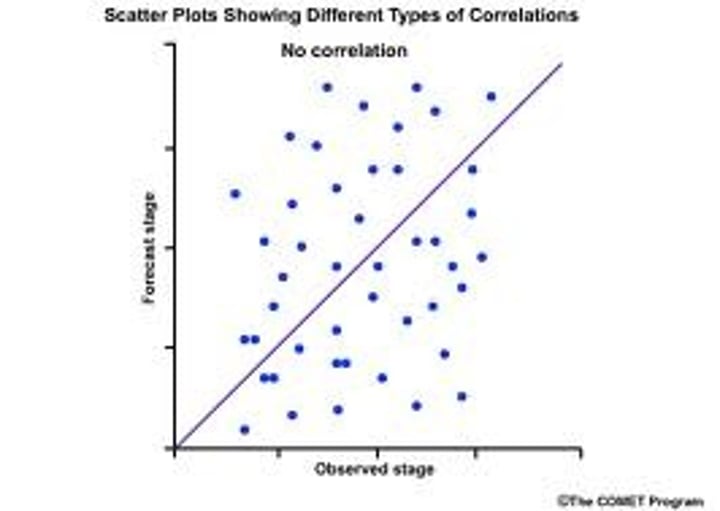
experiment
A research method in which an investigator manipulates one or more factors to observe the effect on some behavior or mental process
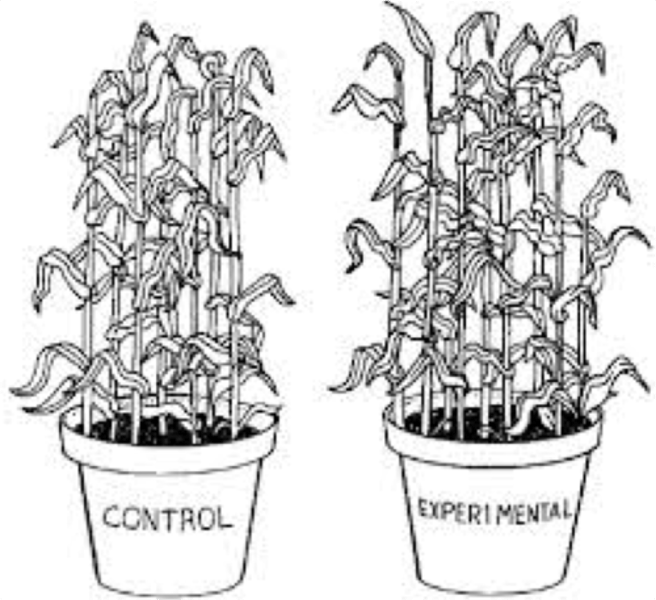
random assignment
assigning participants to experimental and control conditions by chance, thus minimizing preexisting differences between those assigned to the different groups
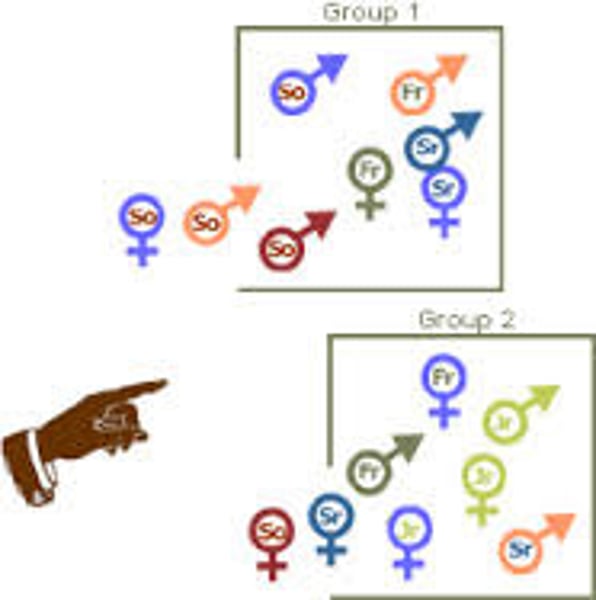
double-blind procedure
an experimental procedure in which both the research participants and the research staff are ignorant (blind) about whether the research participants have received the treatment or a placebo. Commonly used in drug-evaluation studies.
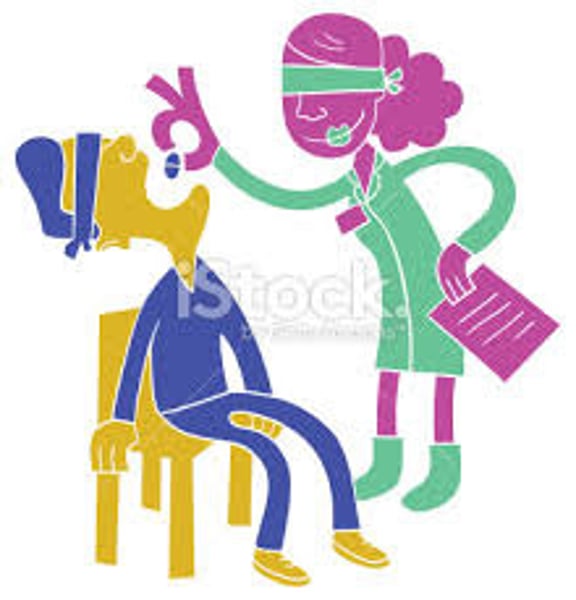
placebo effect
the phenomenon in which the expectations of the participants in a study can influence their behavior
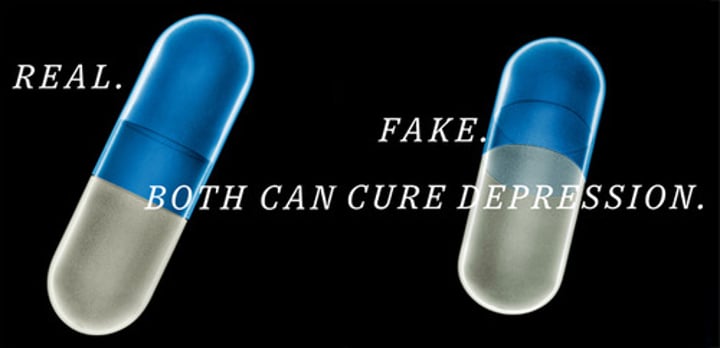
experimental group
In an experiment, the group that is exposed to the treatment, that is, to one version of the independent variable.
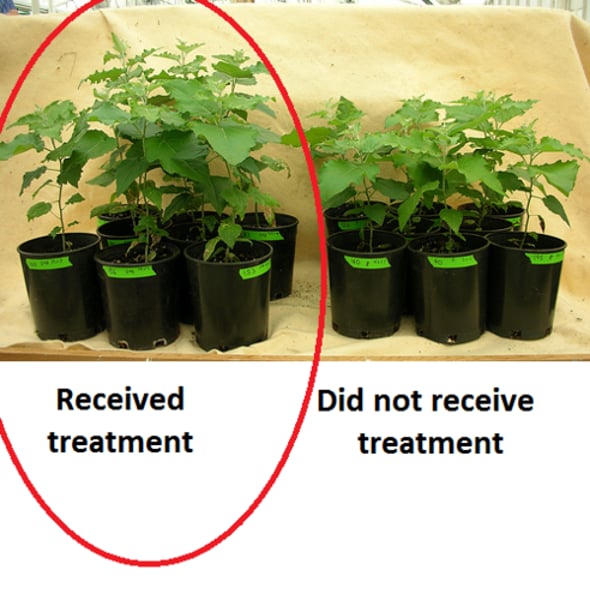
control group
In an experiment, the group that is not exposed to the treatment; contrasts with the experimental group and serves as a comparison for evaluating the effect of the treatment.
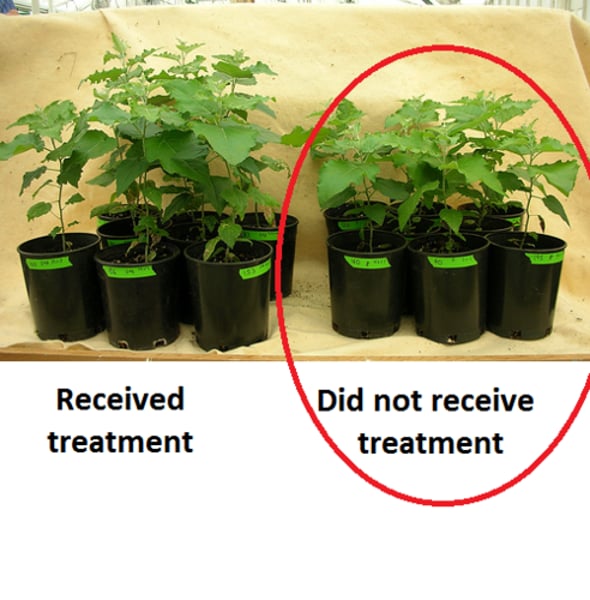
independent variable
variable that is manipulated
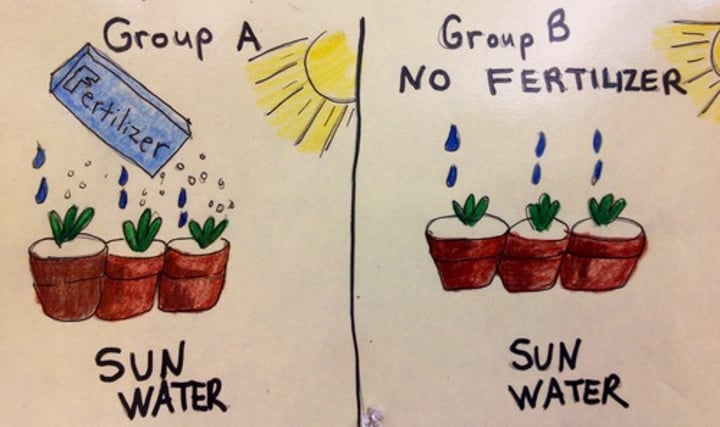
dependent variable
The outcome factor; the variable that may change in response to manipulations of the independent variable.
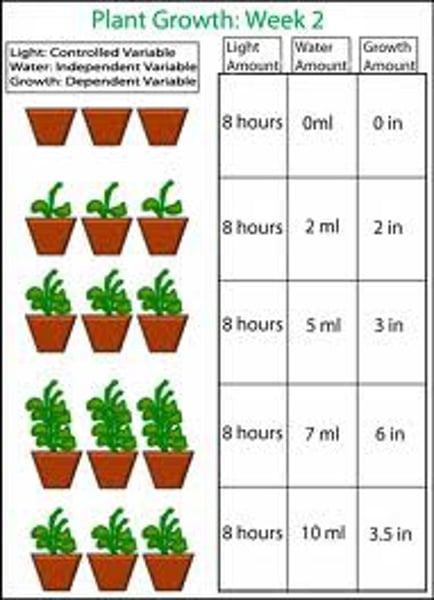
confounding variable
in an experiment, a factor other than the independent variable that might influence the results of the study
Mode
the most frequently occurring score(s) in a distribution
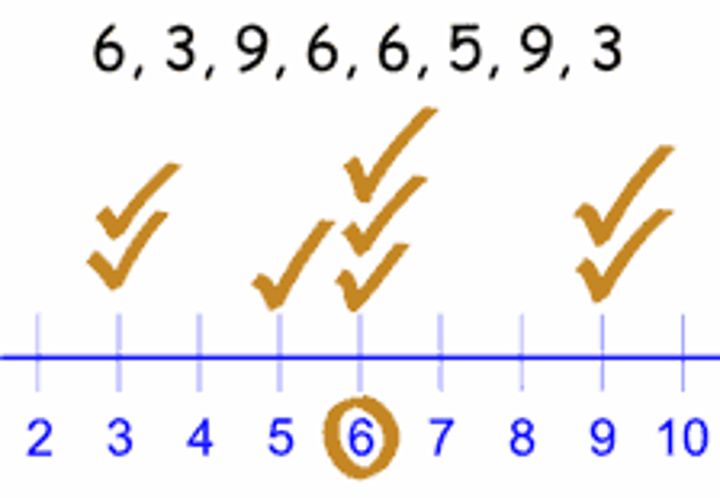
mean
the arithmetic average of a distribution, obtained by adding the scores and then dividing by the number of scores
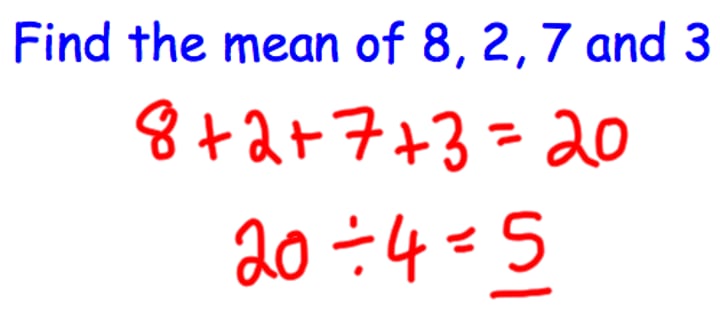
Median
the middle score in a distribution; half the scores are above it and half are below it
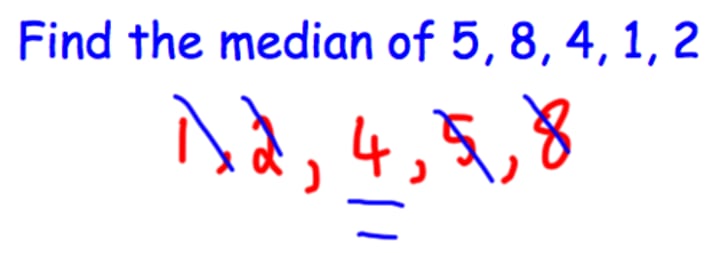
standard deviation
a computed measure of how much scores vary around the mean score
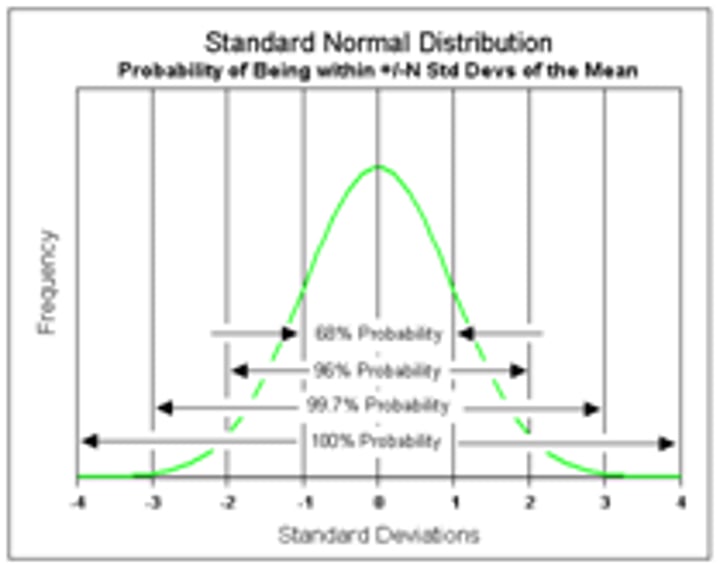
normal curve
A symmetrical, bell-shape that describes the distribution of many types of data; most scores fall near the mean (68 percent fall within one standard deviation of it) and fewer and fewer near the extremes.
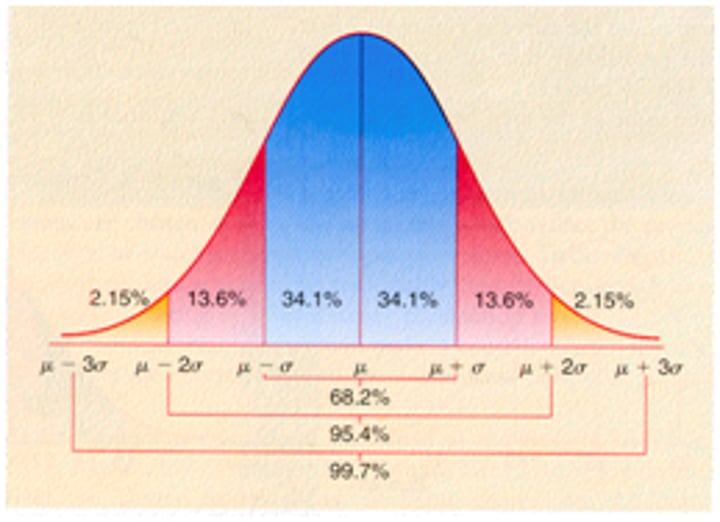
statistical significance
how likely it is that an obtained result occurred by chance
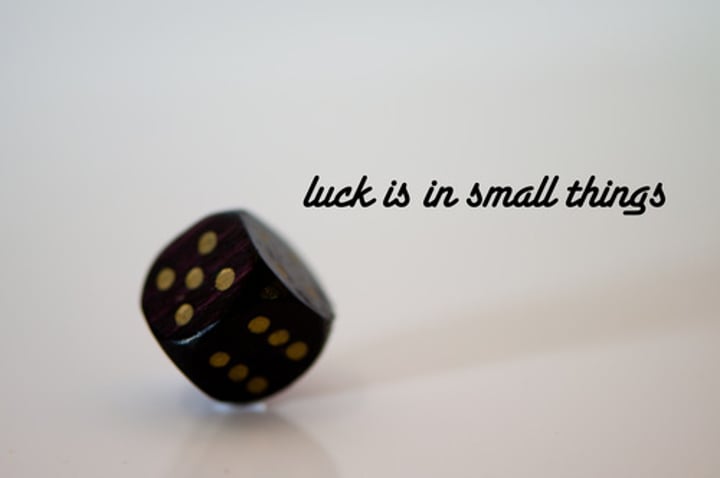
Debriefing
the POST-experimental explanation of a study, including its purpose and any deceptions, to its participants
range
the difference between the highest and lowest scores in a distribution
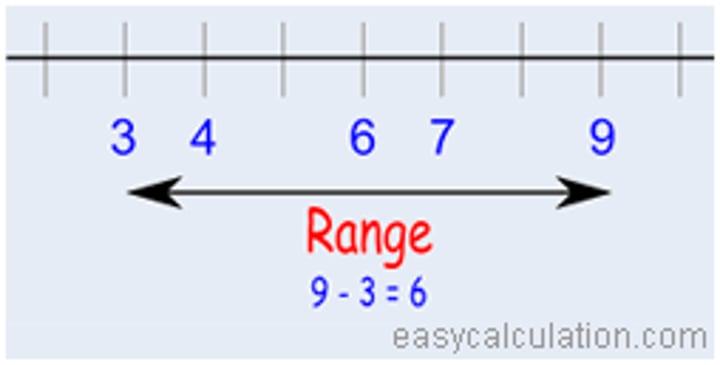
inferential statistics
numerical data that allow one to generalize- to infer from sample data the probability of something being true of a population
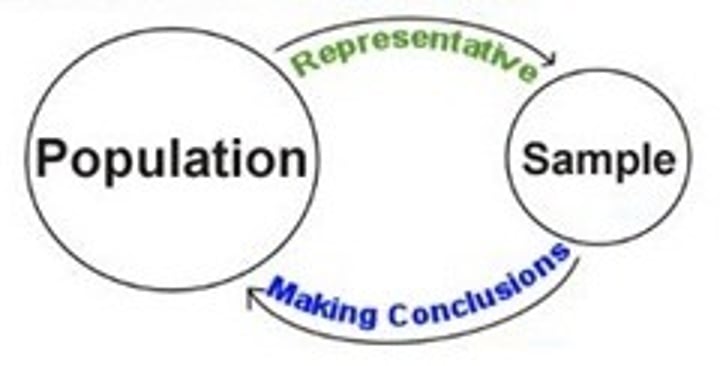
sampling bias
exists when a sample is not representative of the population from which it was drawn
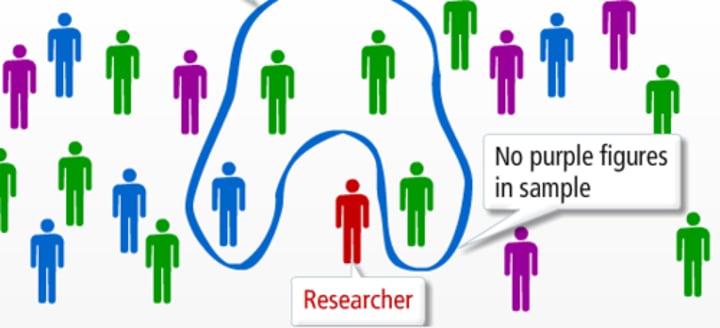
Validity
the extent to which a test measures or predicts what it is supposed to
descriptive statistics
numerical data used to measure and describe characteristics of groups. Includes measures of central tendency and measures of variation.
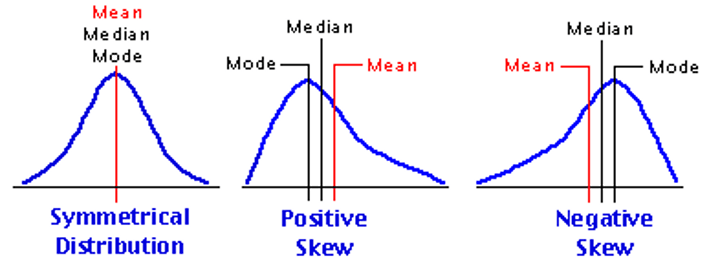
skewed distribution
When the results are not symmetrical (appears to favor one side over the other)
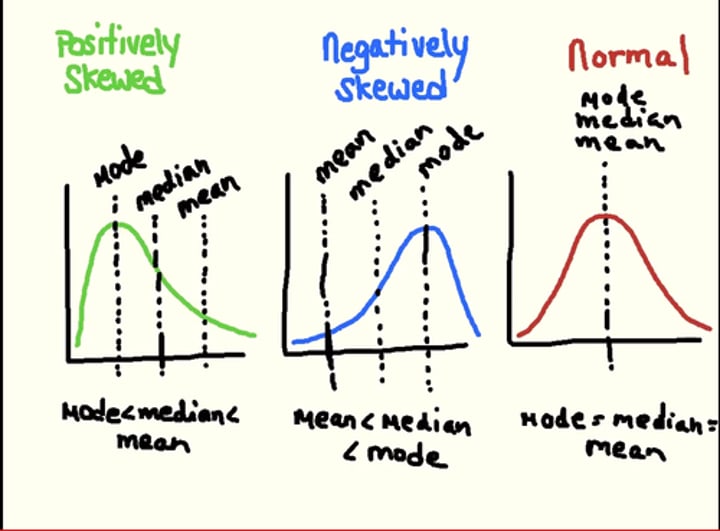
operational definition
a carefully worded statement of the exact procedures and measures used in a research study that allows for replication

representative sample
a sample that accurately reflects the characteristics of the population as a whole
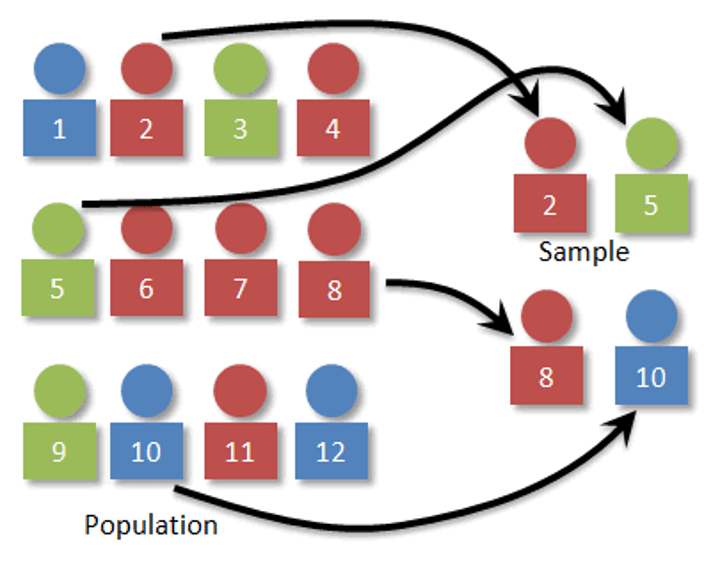
correlation coefficient
a statistical index of the relationship between two things (from -1 to +1)
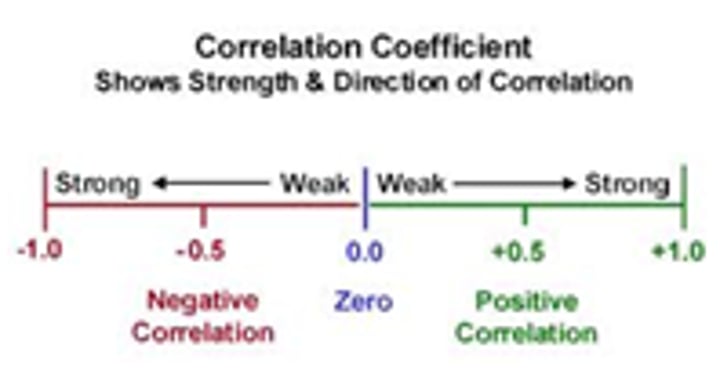
Single-blind procedure
research design in which participants don't know whether they are in the experimental or control group
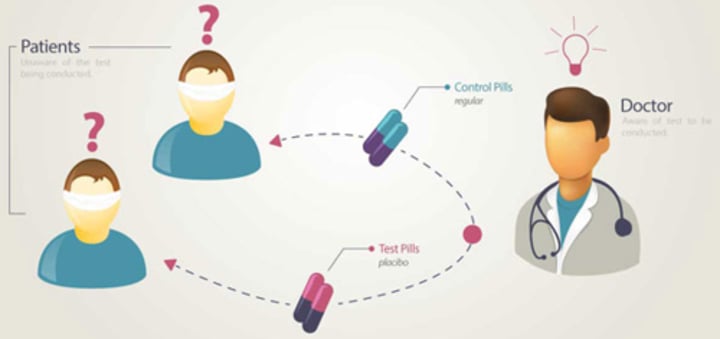
informed consent
an ethical principle that research participants be told enough to enable them to choose whether they wish to participate
